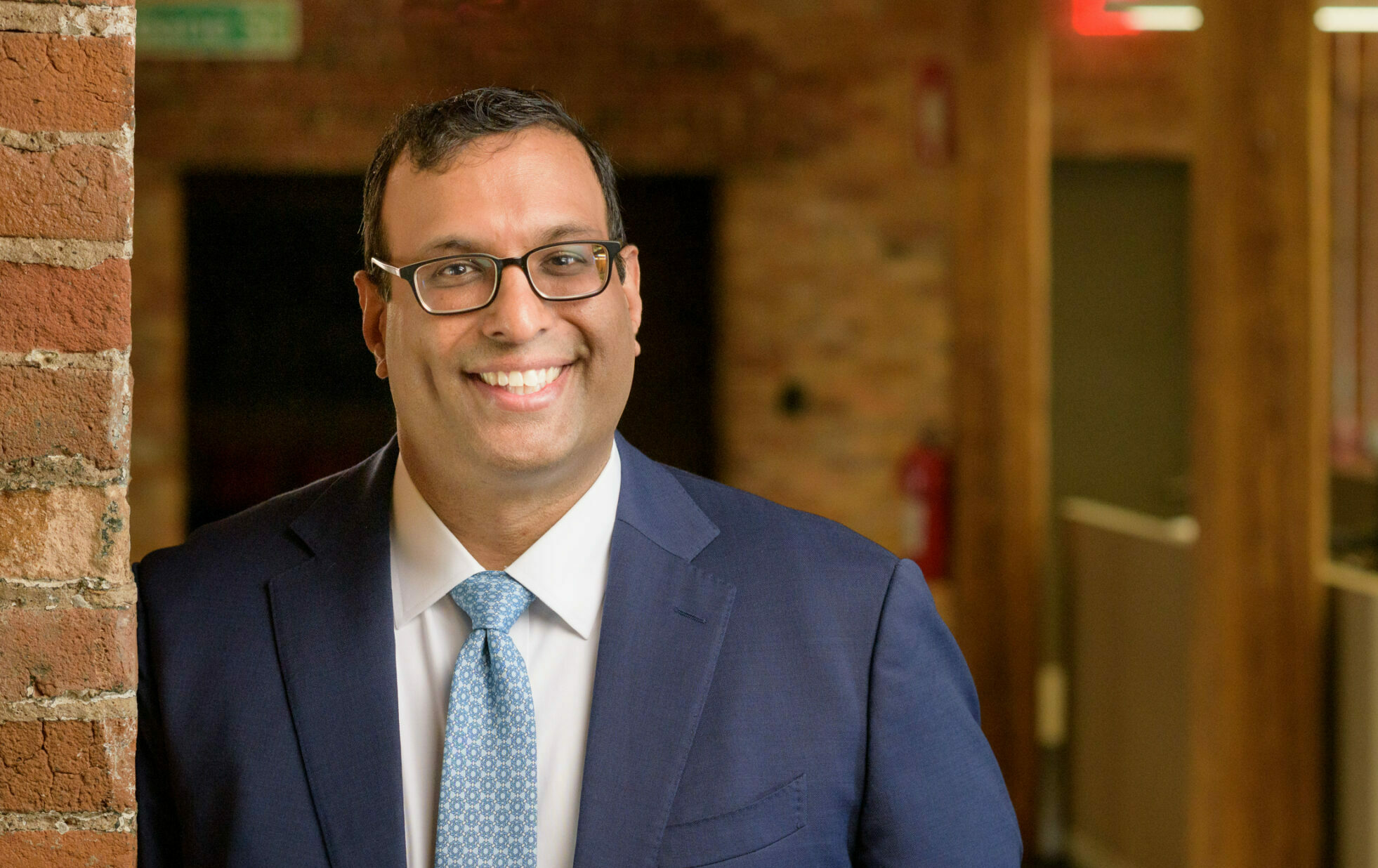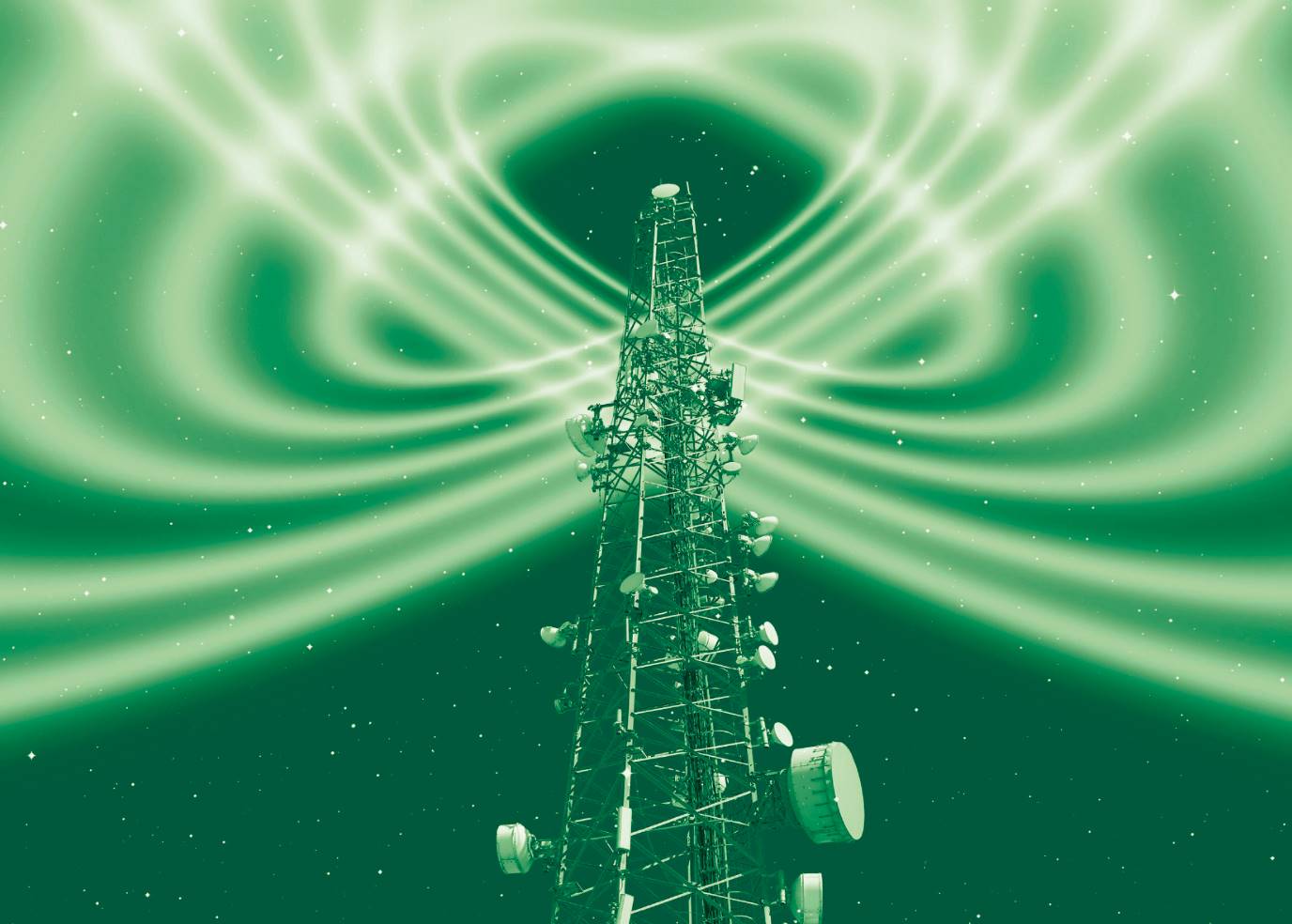Speed is the only defense for the modern organization.
Warren Buffet has a penchant for moats. If the legendary investor enjoys vacations spent visiting English castles, his hobby remains undocumented. Rather, he uses the ancient defenses as a metaphor – an economic fortification that protects firms from marauding competitors.
Buffet has used two giants to explore his principle. The brands of Coca-Cola and Gillette were so strong they existed like citadels atop a hill, surrounded by an ‘economic moat’ that was impervious to attacks from rivals that coveted their markets. Companies with such moats could sustain high margins and fulsome ROI. Thus, they should be identified for investment. The reverse was also true: no moat, and the wise investor should steer clear. Buffet’s favorite ventures were into firms with modest valuations surrounded by a metaphoric moat 20 yards wide, 40 feet deep – and populated by a shoal of piranhas.
Until recently, companies had myriad ways of excavating such a moat. They could build extreme brand loyalty, like Coca-Cola, such that consumers willingly paid a substantial premium to avoid cheaper, generic rivals. They could, like Apple, carefully construct a benign prison for their customers – a proprietary ecosystem that, once entered, was almost impossible to escape. Or, like Google, they could amass formidable artilleries of data that confer a technology edge that competitors find difficult to match.
All these defenses remain valuable in modern business. Yet they are no longer sufficient. Even the most advanced, cutting-edge players are seeing their fortifications breached by smart raiders. Moats that were once impermeable are being bridged – and broken. The classic example is OpenAI. As recently as Christmas, its ChatGPT large language model held an awed world at its feet. The dream of consumer-facing AI was suddenly real. Silicon Valley’s technological moat was so broad and unfathomable that few – least of all investors – could foresee an incursion.
Yet cometh the New Year, cometh a new enemy. By the end of January, DeepSeek had arrived, proving that a match for ChatGPT could be developed at a fraction of the cost (see Vivek Wadhwa, page 53). An interloper – the Chinese – had stepped across OpenAI’s moat like it was a mere brook amid farmers’ fields.
The moral of the story is that, today, there are fewer ways to construct a moat than there ever were. In fact, there is just one. Speed is the only dependable defense. The world’s great companies will remain so only through innovation velocity – taking an idea and scaling it faster than others.
From where does this aptitude for rapidity arrive? Usually, it is born of an operational or demand advantage derived from tapping into the customer experience. Consider how Lululemon, the sportswear brand, has expanded from a niche retailer of yoga kit and equipment to a $10bn revenue purveyor of everything from athletic apparel to personal care products. It has done so by creating an interactive community of customers and responding at lightning speed to their demands.
Think, too, of the tech ‘hyperscalers’. Amazon’s formative years as an online bookseller are lost in the mists of time. Today, by serving customer demand in a blink of an eye, it sells almost every product on earth and even makes its own movies. Microsoft, with its progression from developing operating systems to gaming and videoconferencing, finds a need and fulfills it before its rivals have time to breathe. In pharmaceuticals, witness how the drug-design company Exscientia has partnered with healthcare giants Sanofi and Merck. By harnessing AI to explore new pharmaceutical formulations, the partnerships can deliver new life-changing medicines while slower rivals scratch their heads in the lab.
The world over, corporations survey their territory from the tops of their glimmering fortresses, surrounded by moats that once kept their adversaries at bay. Many of those moats are leaking and draining to puddles. There is a remedy: speed. Organizations must be quick – or be soon dead.




